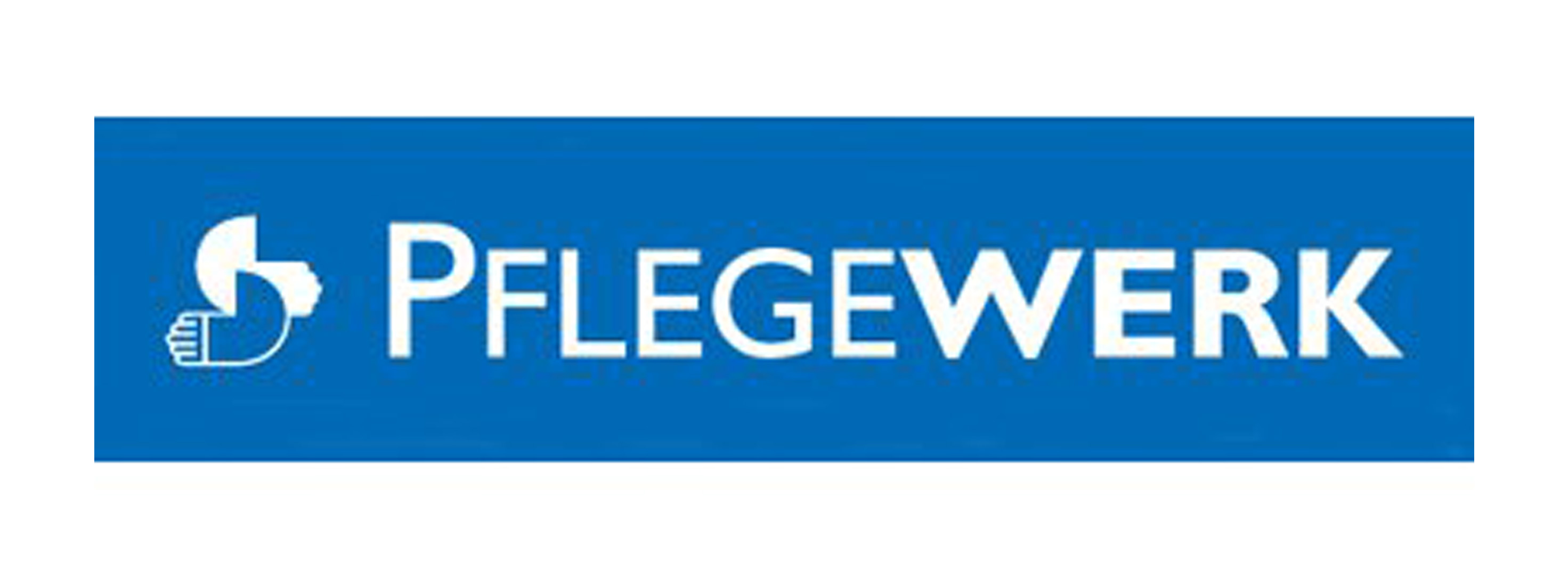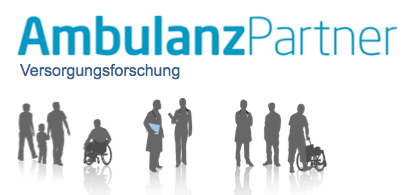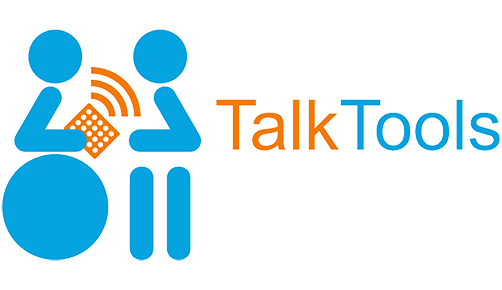Supporting Digital Care Processes for the Design of Good Interaction Work (ProDigA)
Project Duration: April 2020 – March 2023
High-quality care for people with complex neurological diseases, such as stroke or multiple sclerosis, is characterised by intensive exchange between the patient and the service providers involved in the care process. Physical and mental limitations, which can change constantly during the course of the disease, require continuous adaptation of the aids and remedies, the vital medications as well as therapeutic offers and household-related services. Since this care mix cannot be provided by a single service provider alone, the interaction of the individual service providers also makes a decisive contribution to the quality of care. Interdisciplinary cooperation between different professionals, who exchange information with the patient and with each other, is needed to avoid incorrect or duplicate care. To date, however, it has scarcely been possible to organise care "from a single source".
Therefore, within the framework of the ProDigA research project, an online-based care network will be created in which the different service providers, specialists and patients will be connected via a coordinator to promote and expand the interaction of the different stakeholders. The workers are relieved in their work process through digitalised elements, which increases the quality of care and shortens the time it takes to provide a service. At the same time, patients can become more engaged in the development of their individual service network, which contributes to the promotion of patient autonomy and independence.
To conceptualise the network, current nursing science findings are used and applied to the interdisciplinary cooperation of professionals in the care sector. In addition, a socio-medical concept is created that focuses on the patient and their needs and actively integrates them into the design of the therapy. Based on this, a secure service platform is being developed that serves to network, communicate and interact with all stakeholders. Central to the entire project is a user-centred design that integrates all stakeholders into the development process at an early stage.
At the end of the project period, there will be an interaction system that has been tested within various care settings and can be transferred to other areas. To support the transfer into practice, an SME innovation network will be established and a transfer concept will be developed. Despite this, a business model will be developed to adapt to variable value chains.
With a total project duration of three years, the project is coordinated by the iso-Institute. It is funded with a total volume of around 1.9 million euros by the German Federal Ministry of Education and Research in the priority area "Future of Work: Working on and with People". Beside the iso-Institute in Saarbrücken, further projects partners are: the Charité University Hospital in Berlin, the Fraunhofer Institute for Industrial Engineering IAO in Stuttgart, the Pflegewerk Berlin, Ambulanzpartner Soziotechnologie APST in Berlin and the TalkTools company with locations in Mülheim an der Ruhr, Berlin and Hamburg.
Project Duration:
April 2020 – März 2023
Funding Measure:
Project Lead:
Publications:
Hielscher, Volker (2023): Interaktionsarbeit in asymmetrischen Kommunikationssituationen. In: Zeitschrift Arbeit, Band 32, Heft 3-4, Seite 329–347. https://doi.org/10.1515/arbeit-2023-0020.
Hielscher, Volker; Rößler, Jana (Hrsg.) (2023): Versorgung. Interaktiv. Gestalten. Gute Interaktionsarbeit in digital unterstützten Versorgungsprozessen. Ergebnisse des Modellprojekts ProDigA. iso-Report Nr. 7: Berichte aus Forschung und Praxis. Saarbrücken: Institut für Sozialforschung und Sozialwirtschaft (iso-Institut). [Download]
Hielscher, Volker; Ludwig, Monika; Rößler, Jana; Schwarz, Kathleen (2023): Interaktionsprozesse in der Versorgung: Hintergrund des Vorhabens ProDigA. In: Hielscher, Volker; Rößler, Jana (Hrsg.) (2023): Versorgung. Interaktiv. Gestalten. Gute Interaktionsarbeit in digital unterstützten Versorgungsprozessen. Ergebnisse des Modellprojekts ProDigA. iso-Report Nr. 7: Berichte aus Forschung und Praxis. Saarbrücken: Institut für Sozialforschung und Sozialwirtschaft (iso-Institut). S. 1-7. [Download]
Hielscher, Volker (2023): Anforderungen an Interaktionsarbeit im Versorgungsalltag. In: Hielscher, Volker; Rößler, Jana (Hrsg.) (2023): Versorgung. Interaktiv. Gestalten. Gute Interaktionsarbeit in digital unterstützten Versorgungsprozessen. Ergebnisse des Modellprojekts ProDigA. iso-Report Nr. 7: Berichte aus Forschung und Praxis. Saarbrücken: Institut für Sozialforschung und Sozialwirtschaft (iso-Institut). S. 91-102. [Download]
Rößler, Jana (2023): Versorgungsprozesse und ihre typischen Probleme aus Sicht der Patient:innen. In: Hielscher, Volker; Rößler, Jana (Hrsg.) (2023): Versorgung. Interaktiv. Gestalten. Gute Interaktionsarbeit in digital unterstützten Versorgungsprozessen. Ergebnisse des Modellprojekts ProDigA. iso-Report Nr. 7: Berichte aus Forschung und Praxis. Saarbrücken: Institut für Sozialforschung und Sozialwirtschaft (iso-Institut). S. 9-27. [Download]
Schwarz, Kathleen; Hielscher, Volker (2023): Anforderungen an Interaktionsarbeit im Versorgungsalltag. In: Hielscher, Volker; Rößler, Jana (Hrsg.) (2023): Versorgung. Interaktiv. Gestalten. Gute Interaktionsarbeit in digital unterstützten Versorgungsprozessen. Ergebnisse des Modellprojekts ProDigA. iso-Report Nr. 7: Berichte aus Forschung und Praxis. Saarbrücken: Institut für Sozialforschung und Sozialwirtschaft (iso-Institut). S. 103-126. [Download]
Schwarz, Kathleen; Hielscher, Volker (2023): Gute Kommunikation mit Menschen, die Beeinträchtigungen mit dem Sprechen haben. Eine Informationsbroschüre und Handlungshilfe für Fachkräfte im Gesundheitswesen. Saarbrücken: Institut für Sozialforschung und Sozialwirtschaft (iso) e.V. [Download]
Schwarz, Kathleen; Hielscher, Volker (2022): Digital gestützte Interaktion. Bessere Versorgungsprozesse durch aktives Mitgestalten. In: CAREkonkret, Ausgabe 1 / 2022, Seite 9.









